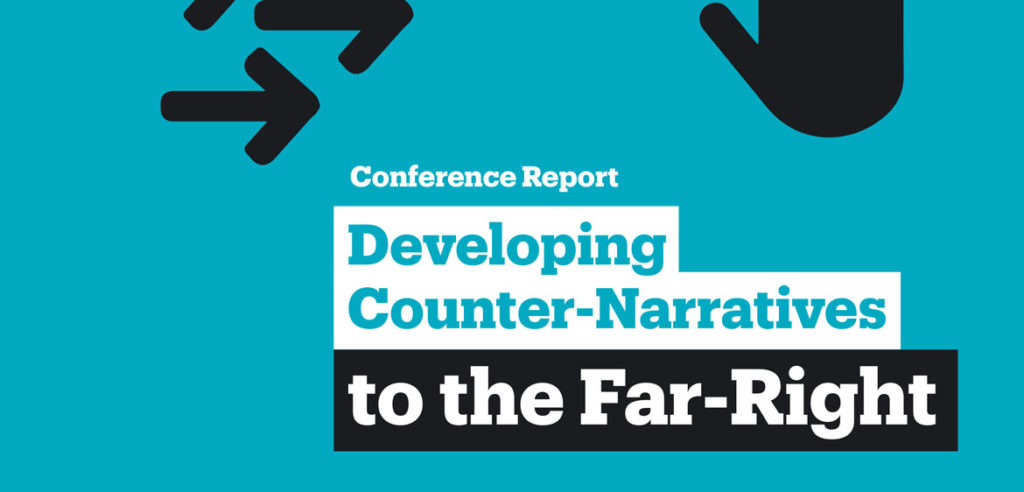This session focused on far-right movements, parties and their effects on politics and social life. It was emphasized that far-right political parties are increasingly supported more in the West, especially in European countries due to fluctuations in the economy and the increase in unemployment. Another important factor in the rise of the far-right movements is the migration to European countries from MENA countries as people who do not have the opportunity to survive in their own countries due to war are migrating to European countries in order to survive. Speakers and participants stated that the characteristic of far-right ideas is anti-Islamism and xenophobia and these features attract the interest and support of most of people living in in the West. Politicians are using immigrants, Muslims and xenophobia as materials in politics in order to easily gain more support. In this session, it has been also emphasized that the far- right is increasingly normalized in Europe and it is not only directed against Muslims, but also against women. In general, this session attempted to understand the roots and current situations of the far-right movements and potential solutions were discussed.
One of the academic background speakers who has lived and worked in Austria for many years stated that it is very attention grabbing and remarkable that the right-wing party candidate who ran for the presidential election in Austria was supported by 47%; and this is a demonstration of the rise of far-right parties in Europe. Another speaker expressed that islamophobia is more dangerous than antisemitism. The speaker stated that Islamophobia took place in two stages; the first of these phases was at a conceptual level, at this stage the Islamophobia discourse was produced in the field of academia and education and in the second stage, political discourse was produced. Another speaker emphasized the fact that the far-right is a response to regression in modernization theory and a failure of political leadership and parties. He also said that in the last 20 years people have had a large wealth disparity thus creating a lot of resentment.
The discourse used against the Muslims and foreigners in the western media and political populism were the most discussed themes in this session. One of the main discussed themes in the closed session was that political parties produced populist rhetoric to get more support from voters. It was emphasized that the most concrete example of this is the Burka Ban that started in October in Austria. In Austria, it has been forbidden since first of October to cover the face and because of this, more officials are deployed at Vienna Airport to identify Burka and Nikab wearers. However, only 250 people were wearing burka in Austria. Moreover, it was expressed that anti-Islamic and anti-Muslim rhetoric in media is attempted to create a negative psychological outlook aimed against Islam and Muslims. For instance, in a study conducted in England, it was determined that the news published between 2010 and 2014 had a negative meaning when it was called Islam and Muslim. As a result of this closed session it is stated that doing more research and study in this field could be the most important solution against the far-right rise.
